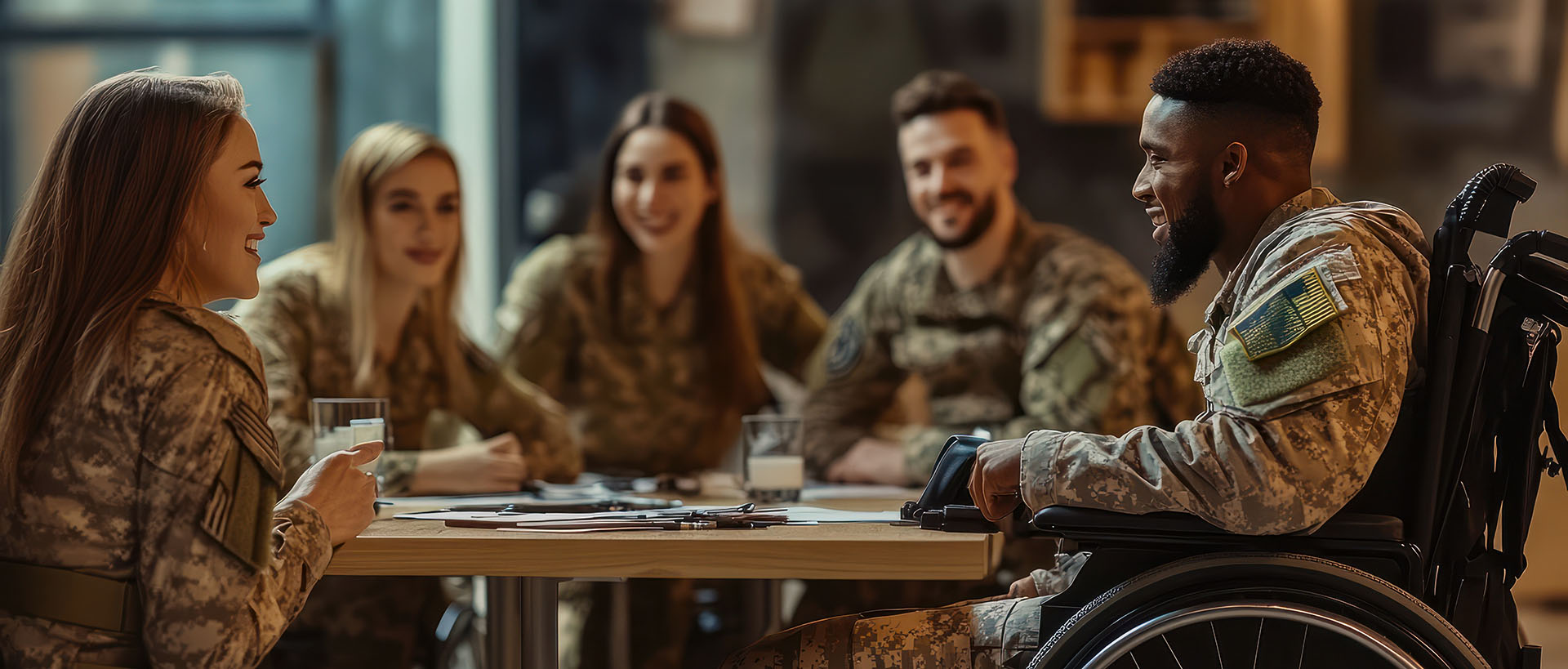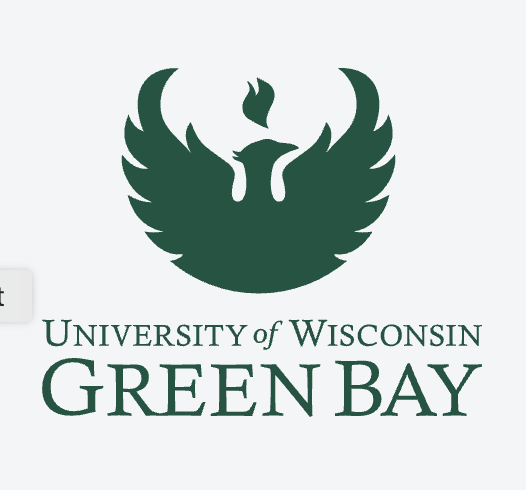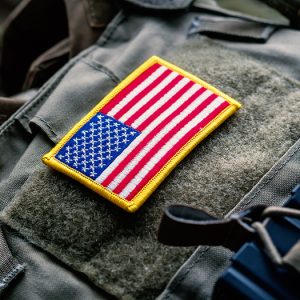
The Veterans Community Action Network of South-Central Wisconsin
FEATURED EVENT
VetsCAN In-Person Networking to Support Veterans Event
November 20, 4:00-6:00 p.m., Lake Windsor Country Club, 4628 Golf Drive, Windsor, Wisc. 53598
Promoting VA-Community Collaboration
This event will raise awareness of Veterans’ needs while highlighting the work of community organizations in meeting those needs. Mingle with service providers, policy makers, Veterans, and advocates. Our panel discussion will focus on addressing the essential needs of veterans in our community.
Panelists:
– Byron Smith, Veteran
– Molly Lund, Porchlight
– Dan Connery, Dane County Veterans Service Officer
– Angie Nickels, Stand Down Madison
– Adayta Axelson, Veterans Outreach & Recovery Program
Facilitator: Keith Lang, VetsCAN Vice-President, Retired: Army Lieutenant Colonel & Social Worker (MSW)
Attendees will enjoy light hors d’oeuvres while engaging with advocates, legislators, and professionals who are passionate about making a difference in the lives of veterans. Showcase the contributions of your organization to the Veteran community and connect with other dedicated groups working towards the same goal.

FEATURED EVENT
Behavioral Health Training (2 CE) Online
November 14, 8:30 a.m. – 10:30
Hooah Am I? Exploring how confusion of the term “veteran” impacts identify and leads to unnecessary suffering, increased shame, and suicide.
The presentation will provide education, a conceptual framework, and strategies to develop an integrated sense of military identity; one in which a service member feels like they belong both in the Veteran community and within the population as a whole. Over-identification with other Veterans can lead to isolation from the world as a whole (e.g., family, work, and spirituality) whereas avoidance of one’s own military identity can limit access to pride in service, camaraderie with other Veterans, and access to Veteran resources. Even worse, a Veteran can feel like they do not belong within either community, Veteran or civilian, leading to a sense of marginalization, feeling left out, and being lost. This is the greatest risk for distress and suicide. This presentation highlights an often-overlooked aspect for suicide risk, which is a sense of belonging in community.






